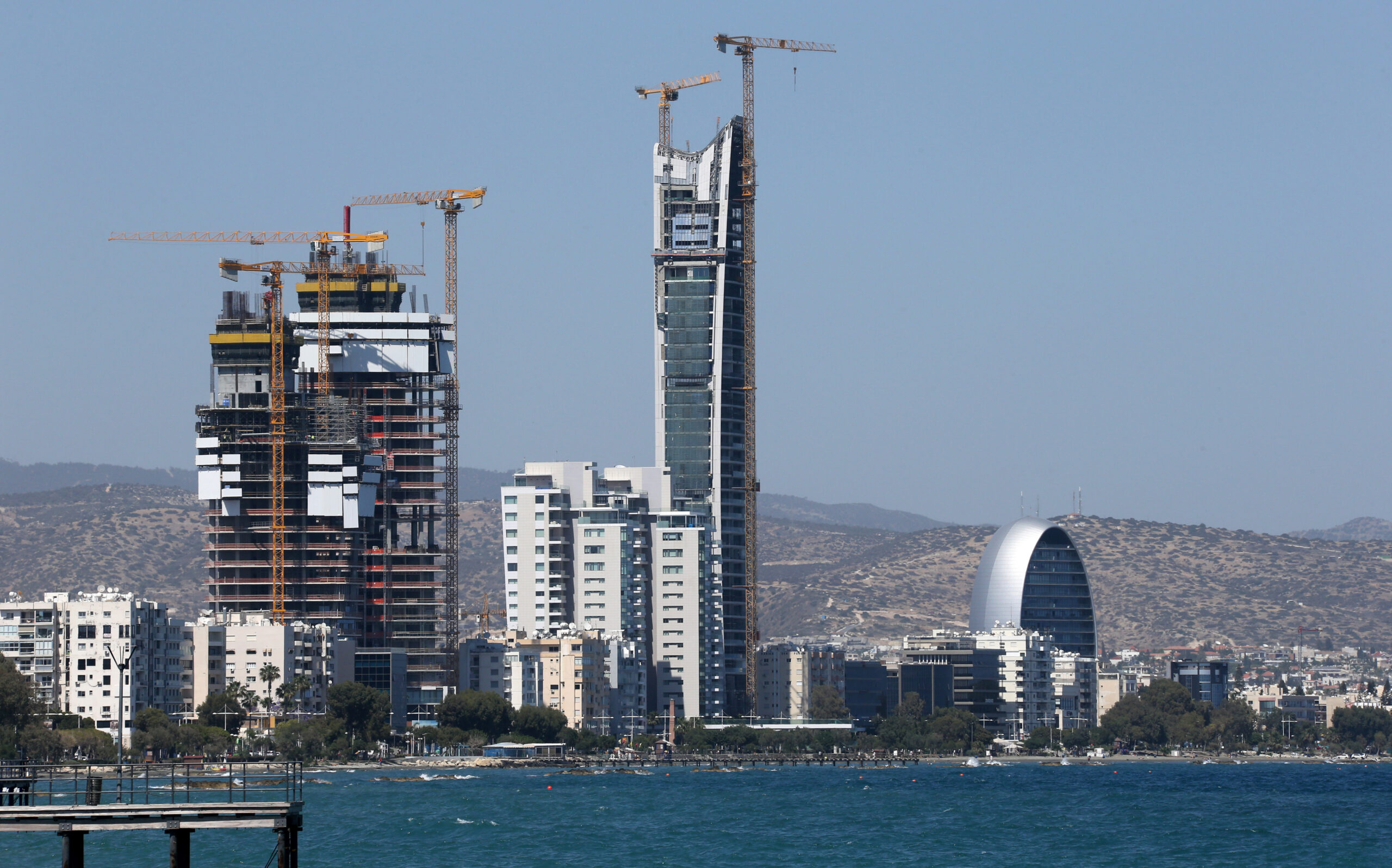A journalist from Reuters called our office asking why Cyprus has no strong reaction to the EU sanctions proposed on Russians or Russian companies, banning the purchase of real estate in member countries.
At this stage, there is no rental provision, only real estate purchases.
The explanation provided by the Republic of Cyprus is that “the measures against Russia should not affect the EU member states more than Russia”.
Thus we have the reduction of tourism from Russia (mainly benefiting Turkey), the closure, restriction or abandonment of companies of Russian interests (such as RCB Bank), the dismissal and reduction of staff, and the impact on unemployment.
Countries like ours have limited foreign exchange sources, so what will remain in the end?
Other EU countries have alternative revenues, and the above proposal may not affect them greatly, but what about us?
It took more than 30 years to build this Cyprus-Russia relationship in the real estate sector, and now we are heading for a complete collapse.
There are reactions from other countries, such as Malta, Italy, and Hungary, while in contrast, the Baltic states and Poland insist on taking a tougher stand.
As if this is not enough, we also have the expected increases in emissions costs, which, according to the Minister of Transport, will result in an estimated reduction in visitors to Cyprus by 20% (due to the increase in air tickets cost).
If we extend this percentage reduction to the real estate market with the pre-sanction purchases by Russians at 15%, it is obvious that the real estate market will have a chain effect of at least 50% on this market.
To try and help the situation, we have the proposals for the large-scale developments, which, due to the inability of the Public Service for a timely response to applications, to appoint a project manager, who will oversee the application aiming for a maximum period for the issuance of licenses of 12 months.
However, there is a provision that this project manager will need to be a civil servant and not from the private sector.
So, this proposal will replace the failed civil servants to respond promptly. Will there be any difference?
But even now, there are timeframes for applications that are not complied with, even with the current setting of fines and imposition of penalties – my experience in unanswered letters in some cases dates back more than two years, with at least three reminders to the Secretariat of the Council of Ministers, and other state officials.
Similarly, an application from a Russian investor for an ecological/sports park in Troodos was abandoned after two years since the developer did not receive an answer about the value of the lease from the Land Registry, despite the approval of his application by the Council of Ministers.
With an estimated €10,000 as an advance payment, plus costs until the license issuance, the investor will have to pay for the weakness of the Public Service in the hope of a better response.
As for the speed with which the zoning board makes its decisions, you’d better look elsewhere because it will depress you.
In addition to civil servants and private firms, these project managers should be allowed (based on a list approved by the technical chamber ETEK) to keep a record of their activities, with similar complaints filed with the relevant Commissioners or Ombudsman.
With civil servants claiming 40 days of leave, extended sick leave and other benefits, it is impossible to understand how using civil servants can speed up the process.
By Antonis Loizou Real Estate Appraiser, Real Estate Seller & Development Project Manager










